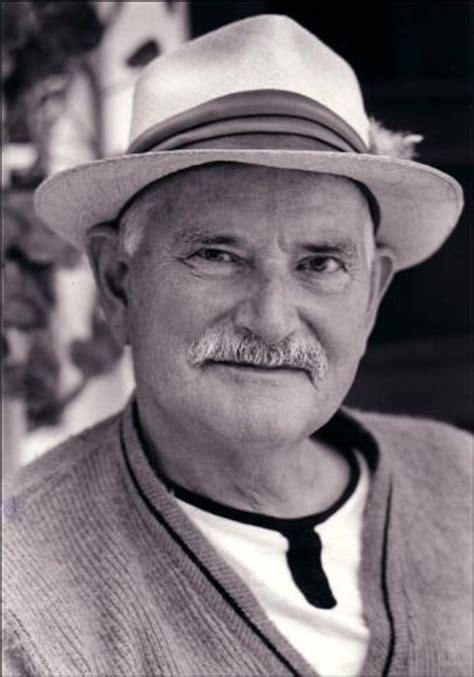A Quote by Alan Watts
The sound of the rain needs no translation.
Quote Topics
Related Quotes
On the mainland, a rain was falling. The famous Seattle rain. The thin, gray rain that toadstools love. The persistent rain that knows every hidden entrance into collar and shopping bag. The quiet rain that can rust a tin roof without the tin roof making a sound in protest. The shamanic rain that feeds the imagination. The rain that seems actually a secret language, whispering, like the ecstasy of primitives, of the essence of things.
Just a little rain falling all around The grass lifts its head to the heavenly sound Just a little rain, just a little rain What have they done to the rain? Just a little boy standing in the rain The gentle rain that falls for years And the grass is gone and the boy disappears And the rain keeps falling like helpless tears And what have they done to the rain? Just a little breeze out of the sky The leaves nod their heads as the breeze blows by Just a little breeze with some smoke in its eye And what have they done to the rain?
And what does the rain say at night in a small town, what does the rain have to say? Who walks beneath dripping melancholy branches listening to the rain? Who is there in the rain’s million-needled blurring splash, listening to the grave music of the rain at night, September rain, September rain, so dark and soft? Who is there listening to steady level roaring rain all around, brooding and listening and waiting, in the rain-washed, rain-twinkled dark of night?
In translation studies we talk about domestication - translation styles that make something familiar - or estrangement - translation styles that make something radically different. I use a lot of both in my translation, and modernism does both. For instance, if you look at the way James Joyce presents Ulysses, is that domesticating a classic? Think of it as an experiment in relation to a well-known text in another language.








































